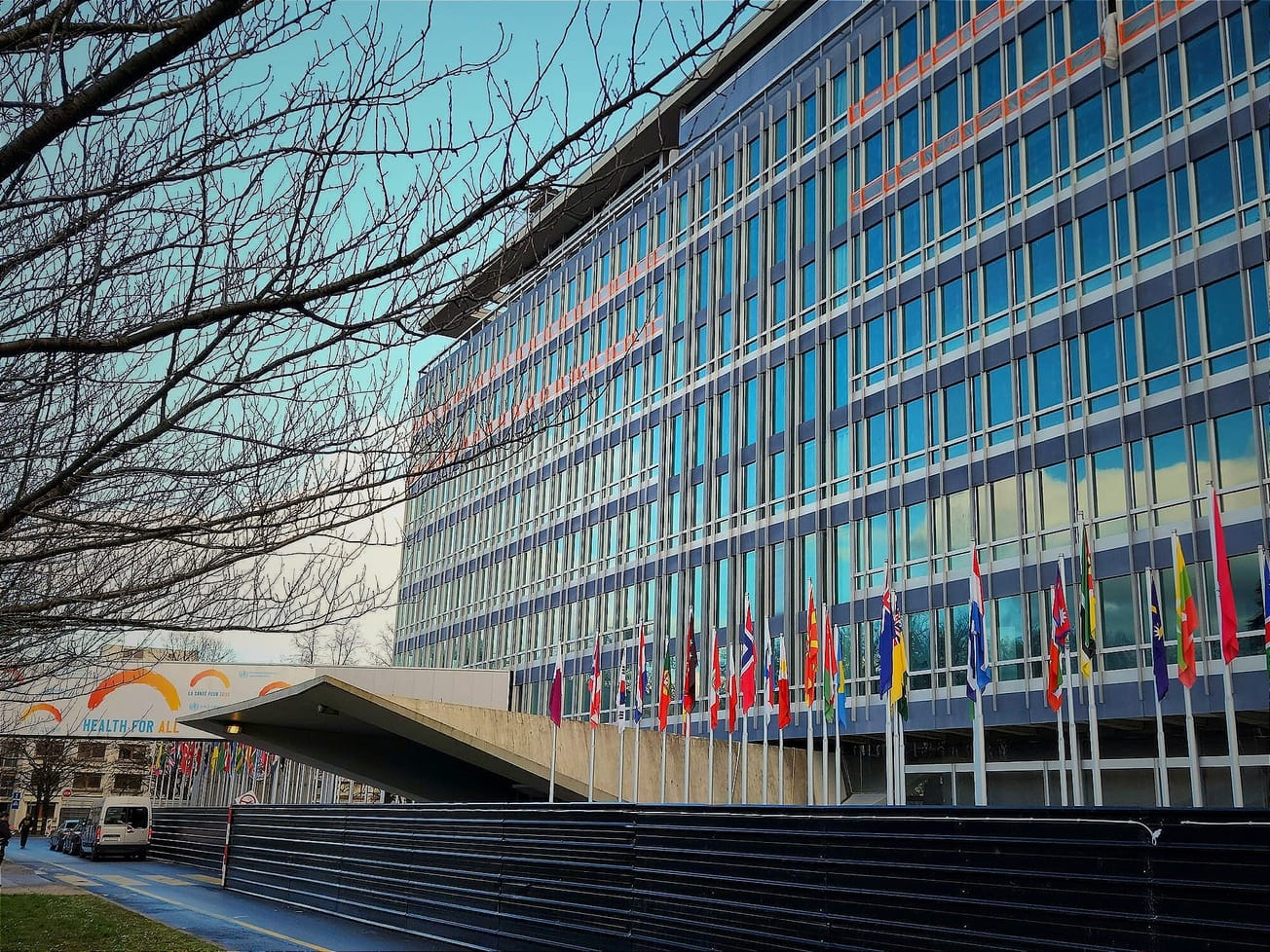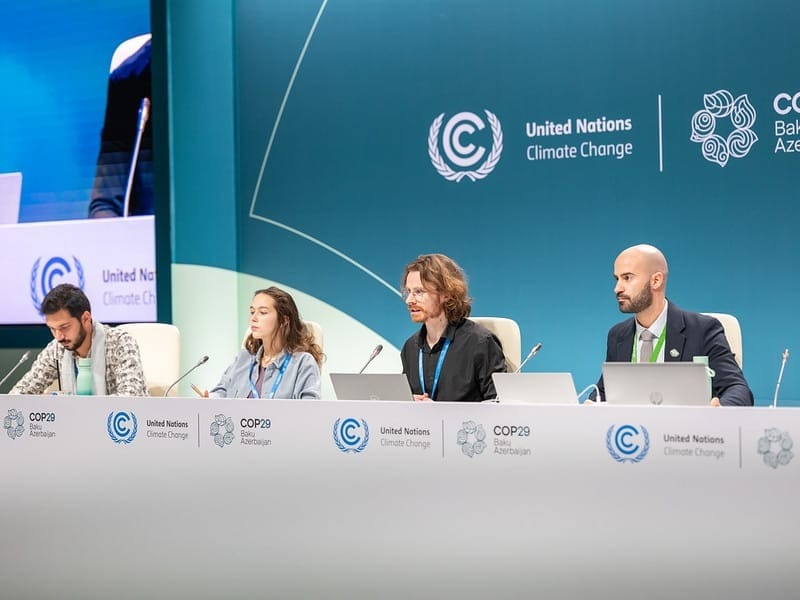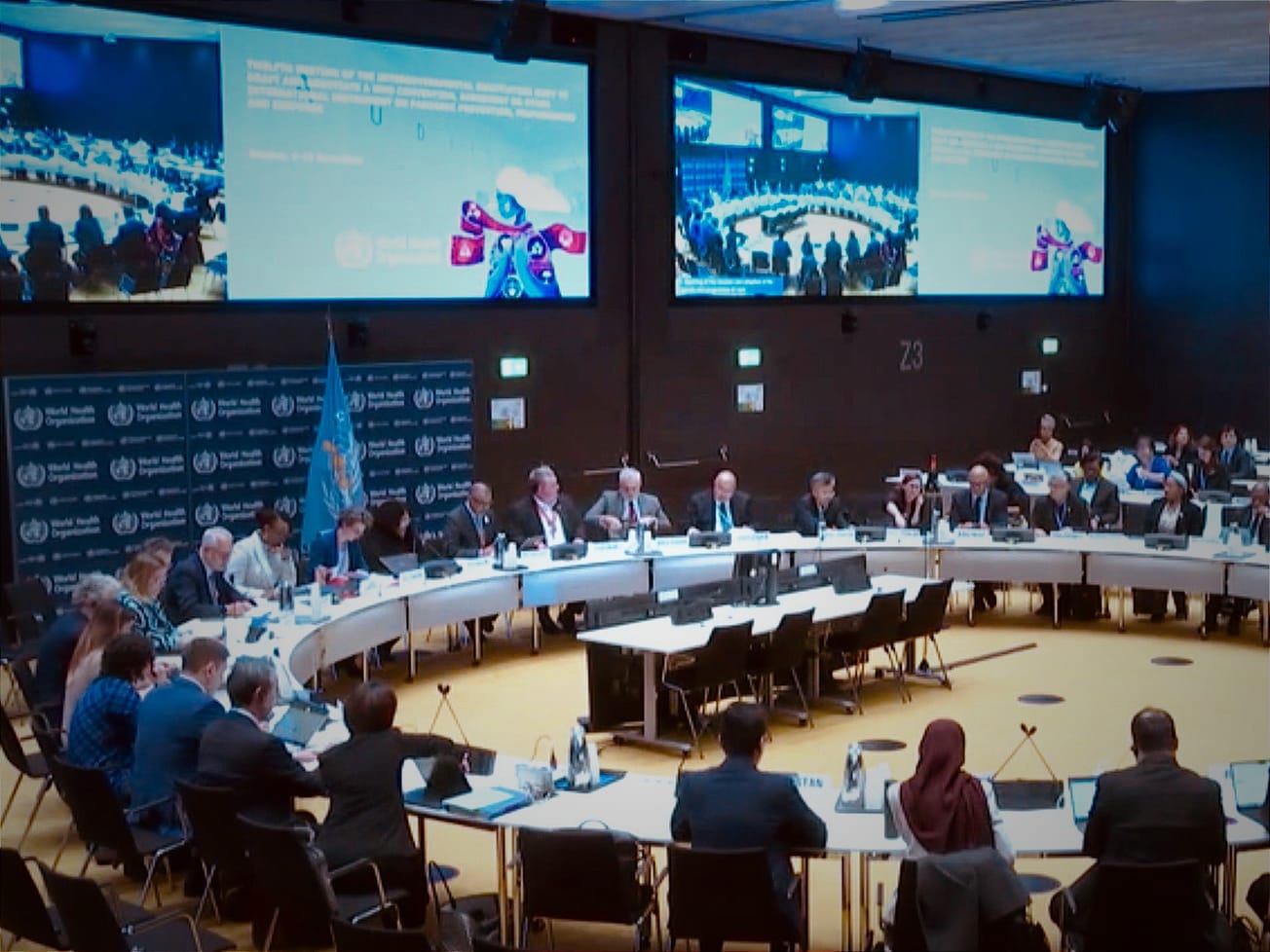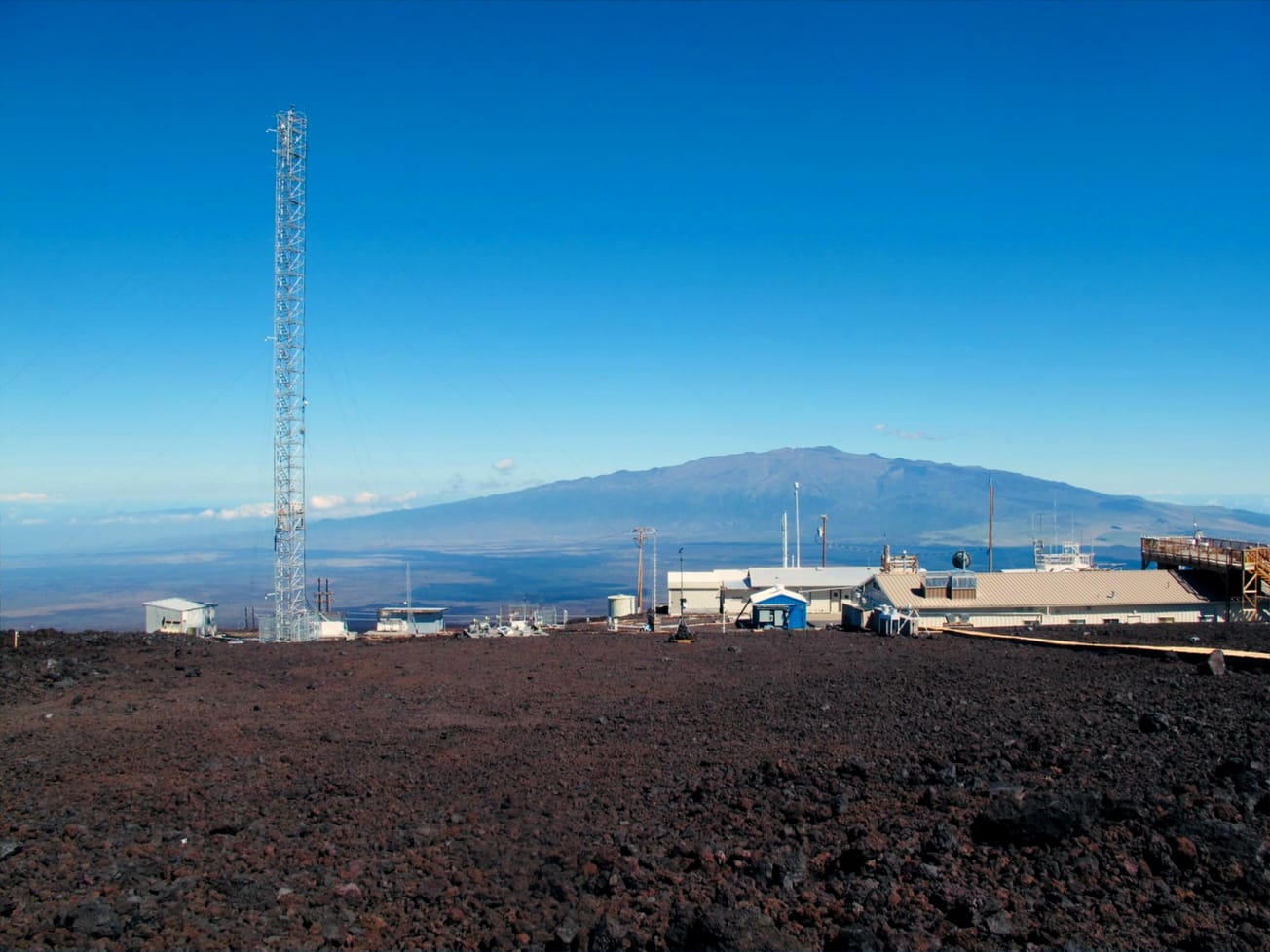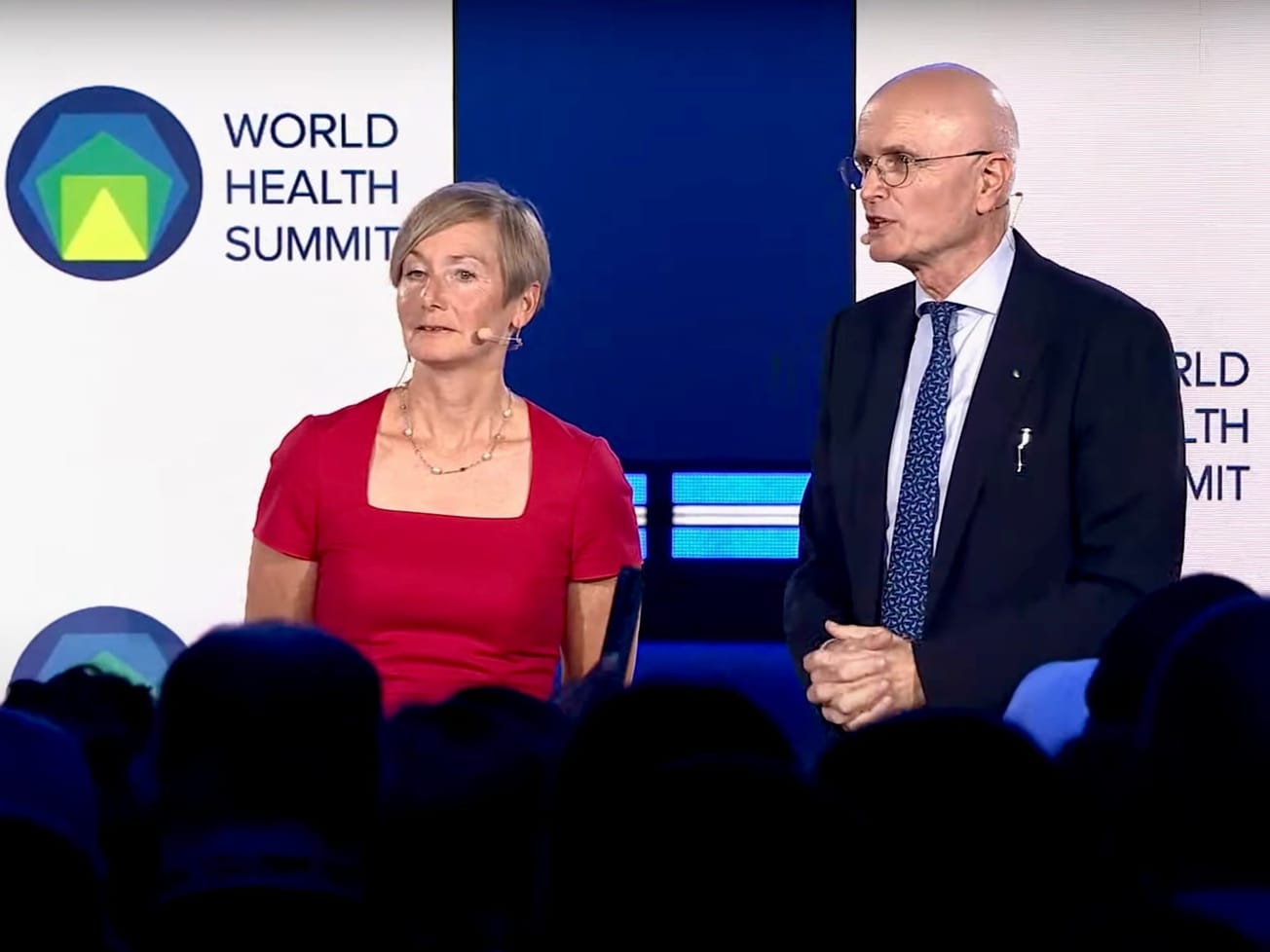
Childhood tuberculosis cases surge by 10% in Europe and Central Asia
The spike in the world’s deadliest infectious disease comes as officials warn global aid cuts could lead to a resurgence.
Melting glaciers. Rising sea levels. Wildfires. Food shortages. Mass coral reef deaths and widespread species extinctions. Global pandemics. Every other issue is secondary. In a world of climate change, direct impacts on humanity are evident where we live and work and on the health and well-being of many populations. Climate change is a truly global issue; fighting it demands global cooperation and financing through summits, known as COPs, and landmark treaties like the Paris Agreement.

Already have an account? Log in
The spike in the world’s deadliest infectious disease comes as officials warn global aid cuts could lead to a resurgence.
More than 275,000 glaciers cover 700,000 square kilometers of the planet. Glaciers and ice sheets store 70% of all freshwater.
The U.N. weather agency says some human-induced effects will be 'irreversible over hundreds if not thousands of years.'
The Arctic Council finds itself at a difficult crossroads as its member nations move to exploit the region's mineral wealth.
Health officials say millions of lives are at risk as the U.S. withdraws funding from treatment and prevention programs.
Record heat and rightward political shifts toward nationalist self-interest undermine efforts to cut fossil fuel dependence.
WHO's emergency moves follow months of warnings the U.N. health agency faces severe impacts if U.S. funding dries up.
The process of forcing the United States to withdraw from the Paris climate treaty and WHO will take a year to complete.
The U.N. weather agency says the Paris Agreement's long-term temperature goal is "not yet dead but in grave danger."
The landmark case is expected to involve nearly 100 countries and more than a dozen intergovernmental organizations.
Developing nations say the global deal falls short. U.N. chief Guterres says it 'provides a base on which to build.'
Nations have mobilized US$100 billion a year for climate financing; now, more than US$1 trillion a year may be needed.
Negotiators have until next year to try for a deal in WHO's decision-making body, but aim for a special session this year.
In 1958, climatologist Charles David Keeling pioneered the measurement of CO2 in the atmosphere.
When nations update their pledges to cut greenhouse gas emissions next year, only a massive improvement will work.
WHO says it needs $11.1 billion for its core work over the next four years, but has only $4 billion in projected income.





